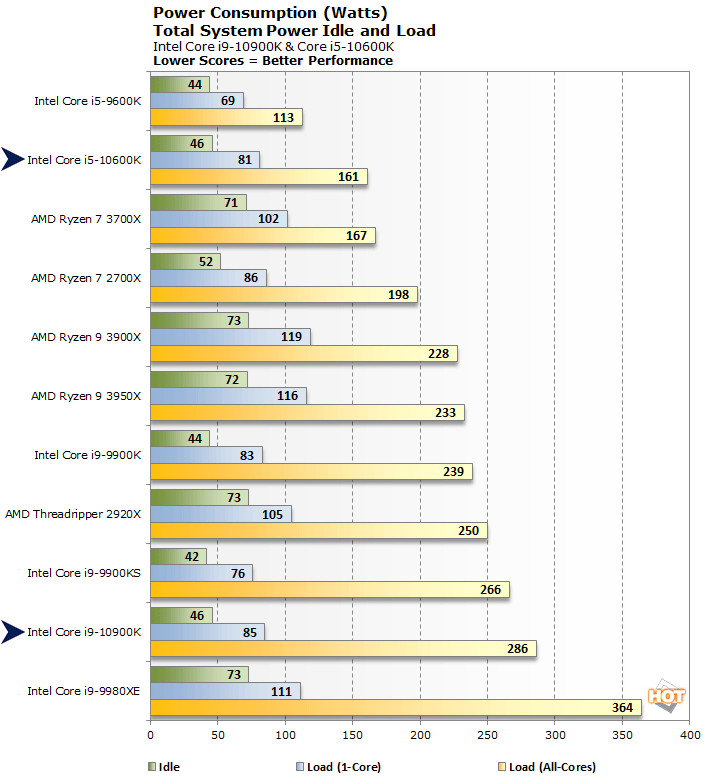Except the 3900X is generally shown to be faster at most multithreaded workloads, meaning the 10900K isn't quite doing the same job, despite its massively higher power consumption and heat output when presented with those tasks. And while multithreaded workloads certainly aren't everything, unless someone is specifically needing more performance for heavily-multithreaded tasks, there's little point in spending extra for a processor with more than 8 cores at this point. The 3900X fulfills its niche of providing significantly more multithreaded performance than the competition at a given price point, while the 10900K costs significantly more while generally providing slightly less performance in the workloads that you would want a higher core-count processor for.
And that "geometric mean of all test results" chart you posted needs some context. That review site performs their testing on Linux, and in general I would say desktop software optimization tends to be a bit hit-or-miss on that platform, especially for newer hardware. Perhaps for the subset of people using that specific software under Linux, some of those results might be relevant, but desktop Linux isn't exactly mainstream. What's more, some of those tests where Intel shows strong performance is in Intel's own software. Oh look, the 10900K slightly outperforms the 3900X in the Intel Embree path-tracer. I'm sure that's been optimized for AMD's processors. It's nice that a site is doing hardware reviews in Linux, but those results should not be posted elsewhere as if they are representative of the performance that most people will be seeing, especially a "geometric mean" chart that's heavily influenced by software that relatively few people will be using.


















